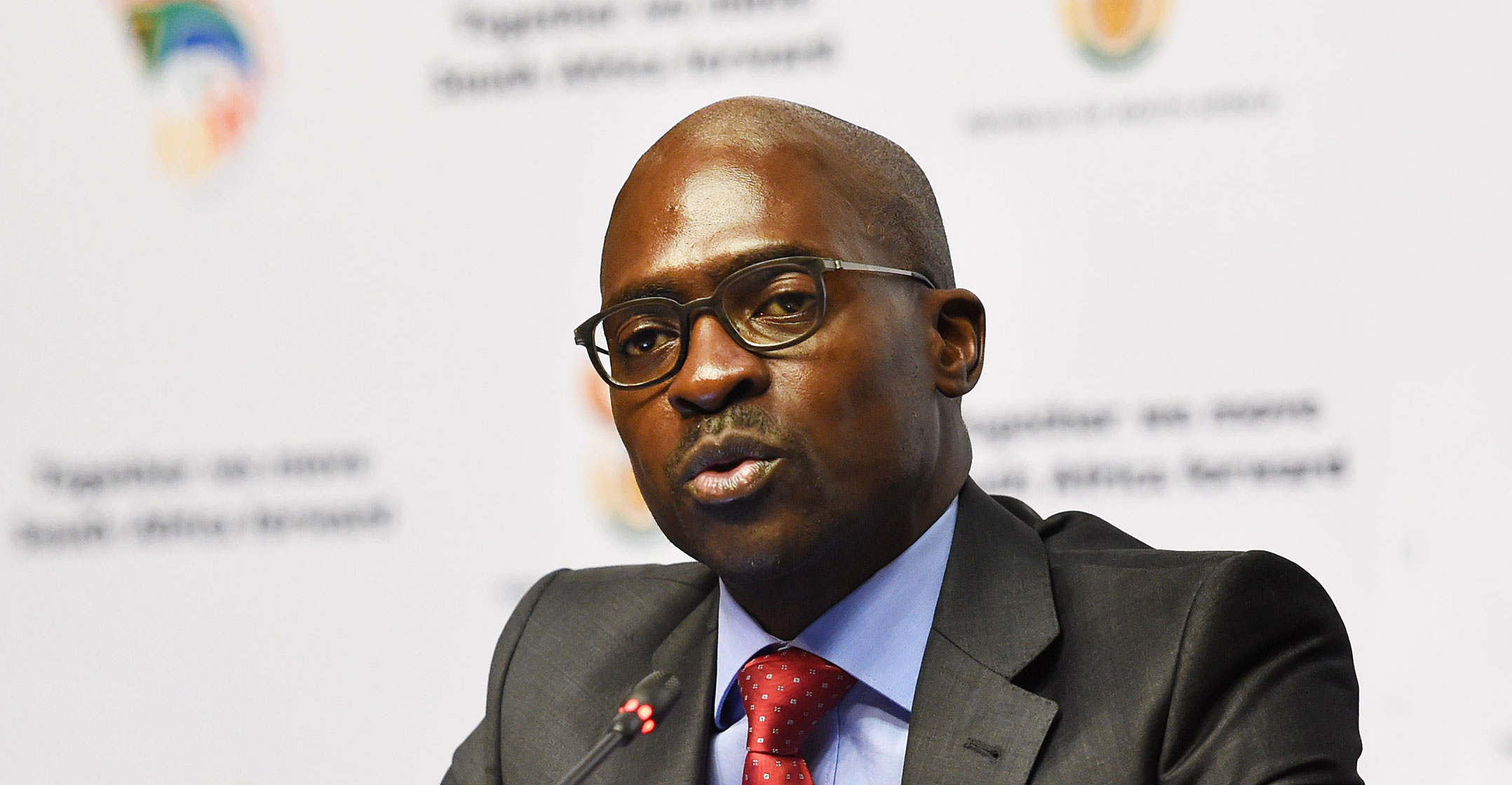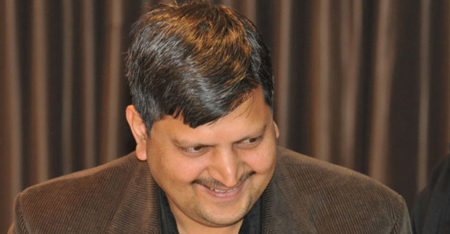
South Africa faces a stark choice: risk strikes by as many as 1.3m government workers or meet their pay demands and jeopardise its credit rating.
After years of above-inflation increases, public sector unions now want nothing less than “double digit” raises from 1 April 2018, in addition to better housing benefits. National treasury has provided for average pay increases of no more than 7.3% in each of the next three fiscal years. The annual inflation rate is 5.1%.
“We cannot afford the government wage bill,” Mike Schussler, the chief economist at Economists.co.za, a research house, said by phone from Johannesburg. “We have got to either give people an increase below the rate of inflation, or we are going to have to employ fewer people.”
Finance minister Malusi Gigaba tabled a bleak picture of the nation’s finances last month, with growth and revenue falling below projections while public debt may exceed 60% of GDP by 2021. An inability to rein in spending growth and increasing debt threaten to trigger a downgrade of rand-denominated bonds by rating companies.
Efforts to put South Africa’s economy back on track have been hamstrung because of conflict in the ruling party in the run-up to a leadership election next month, and as allegations of mismanagement of state resources dent tax collections and business confidence.
Last week, the National Education Health and Allied Workers Union, which has 295 000 members and speaks for the biggest number of public sector employees, said it will reject offers of less than 10% and says pleas for austerity are undermined by reports of corruption at state companies. Government employees represented by the Public Service Association want increases of 10-12%.
Fast-growing wages
Employee compensation is the biggest component of the budget, comprising about 35% of spending.
“Since 2011, government has been forced to restrict employee headcount growth to accommodate rising salaries — spending on compensation has continued to grow more quickly than nominal GDP,” treasury said in a 25 October budget update. “A fair and reasonable compromise between government and state employees in the current round of wage talks is in the public interest.”
Treasury sees the fiscal gap swelling to 4.3% of GDP this year, more than its February forecast of 3.1%. It would also be higher than the 3.3% registered in the last fiscal year.

“If the government then wants to offer us a single-digit increase like 7.3%, then we have to withdraw our labour power and take the issue to the streets,” Khaya Xaba, a spokesman for Nehawu, said by phone from Johannesburg. “These comrades have been very reckless with our economy.”
The economy experienced its second recession in less than a decade earlier this year as business confidence sank to the lowest since 1985 amid a litany of corruption allegations stretching from state companies to President Jacob Zuma were reported by local and international news organisations.
Curbing spending is key for South Africa if it wants to hold on to investment-grade ratings for rand-denominated debt, with Moody’s Investors Service expressing concern over the lack of measures to curb spending in the budget update.
Moody’s rates South Africa’s foreign- and local-currency debt at one level above junk and is scheduled to make an announcement on the nation’s debt on 24 November. A downgrade, which would remove the nation’s securities from bond indexes tracked by investors including Citigroup’s World Government Bond Index, could see outflows of as much as R200bn, according to estimates by Bank of America Merrill Lynch. — Reported by Arabile Gumede, (c) 2017 Bloomberg LP




